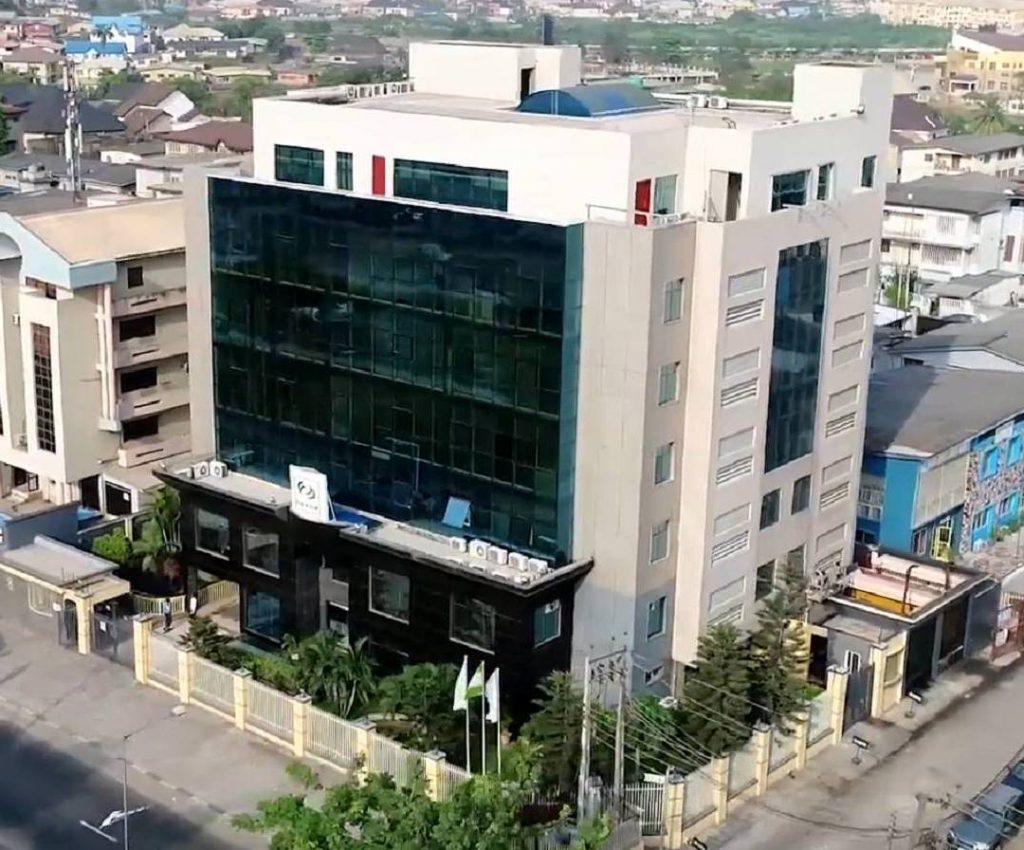According to the Federal Ministry of Health, Nigeria suffers the world’s greatest malaria burden, with approximately 51 million cases and 207,000 deaths reported annually. That is approximately 30% of the total malaria burden in Africa. In case you do not know, 97% of the total population, approximately 173 million people are at risk of malaria infection.
WHAT IS MALARIA?
Malaria is a life-threatening disease caused by Plasmodium parasites. The parasites are spread to people through the bites of infected female Anopheles mosquitoes, known as “malaria vectors’’.
WHAT IS THE BURDEN OF MALARIA IN NIGERIA?
Malaria remains the leading cause of death in Nigeria, according to the Federal Ministry of Health 2018, Nigeria suffers the world’s greatest malaria burden, with approximately 51 million cases and 207,000 deaths reported annually (approximately 30% of the total malaria burden in Africa), while 97% of the total population (approximately 173million) is at risk of infection.
WHO IS AT RISK OF HAVING MALARIA?

Malaria is a major public health problem in Nigeria where it accounts for more cases and deaths than any other country in the world. 97% (approximately 173 million) of Nigeria’s population are at risk of malaria while the remaining 3% of the population live in the malaria free highlands.
Some population groups are at considerably higher risk of contracting malaria, and developing severe disease, than others. These include:
- Pregnant women
- Children under age 5 – more than two thirds (70%) of all malaria deaths occur in this age group. Malaria kills a child every two minutes (WHO, 2017)
- HIV/AIDS patients
- Travellers
WHAT CAUSES MALARIA?
Malaria is often caused by parasites that are transmitted to people through the bites of infected female Anopheles mosquitoes, however, in very rare cases, people can get malaria if they come in contact with infected blood.
HOW IS THE DISEASE TRANSMITTED?
Once the parasites gets into the body, they travel to the liver, where they mature. After several days, the mature parasites enter the bloodstream and begin to infect red blood cells. Within 48 to 72 hours, the parasites inside the red blood cells multiply, causing the infected cells to burst open.
The parasites continue to infect red blood cells, resulting in symptoms that occur in cycles that last two to three days at a time.
WHAT ARE THE SYMPTOMS TO WATCH OUT FOR?
Most malaria infections cause symptoms like the flu, such as a high fever, chills, severe anaemia (fewer red blood cell than normal), Confusion, heart palpitations, anxiety and muscle pain. The symptoms of malaria develop within ten days to four weeks following the infection.
After the early stages, life-threatening complications may develop rapidly and if the infected person is not treated, serious complications or death can occur
WHAT ARE THE DANGERS OF MALARIA?
Malaria is devastating for all. It keeps children from going to school and may even lead to death; malaria kills a child every two minutes.
It also prevents parents from engaging in productive activities, and decreases the likelihood of a healthy pregnancy outcome.
Pregnant women and their babies are especially at risk, since malaria infection during pregnancy can lead to premature birth, low birthweight, birth defects, miscarriage, stillbirth and other complications. In case you don’t know, Malaria contributes to an estimated 11% of maternal mortality in Nigeria.
Some types of malaria may cause more serious problems, such as damage to the heart, lungs, kidneys, or brain.
HOW DO I KNOW IF I HAVE MALARIA?

After noticing any of the symptoms, it is important to see a Doctor who will order you to have a blood test to check for the malaria parasite in your blood.
HOW CAN I PROTECT MYSELF AND MY LOVED ONES FROM HAVING MALARIA?
You can protect yourself and loved ones from the malaria parasite if you:
- always Keep your environment/Surrounding clean to prevent breeding nests for mosquitoes.
- Sleep under insecticide-treated net.
- Stay inside when it is dark outside, preferably in a screened or air-conditioned room.
- Wear protective clothing (long pants and long-sleeved shirts).
- Use insect repellent with DEET (N,N diethylmetatoluamide). Experts suggest that it is safe to use a repellent that contains 10% to 30% DEET on children older than age 2 months.
- Use flying-insect spray indoors around sleeping areas.
- Avoid areas where mosquitoes are present if you are at higher risk (Pregnant women, children etc).
- Use Antimalarial medicines. Antimalarial medicines are most effective if you take the recommended dosage exactly as prescribed and for the length of time required.
HOW DO I TREAT MALARIA
If malaria is diagnosed and treated promptly, a full recovery can be expected. Treatment should be started as soon as a blood test confirms malaria.
Many of the same antimalarial medicines used to prevent malaria can also be used to treat the disease. However, if you’ve taken an antimalarial to prevent malaria, you shouldn’t take the same one to treat it. This means it’s important to tell your doctor the name of the antimalarials you took.







